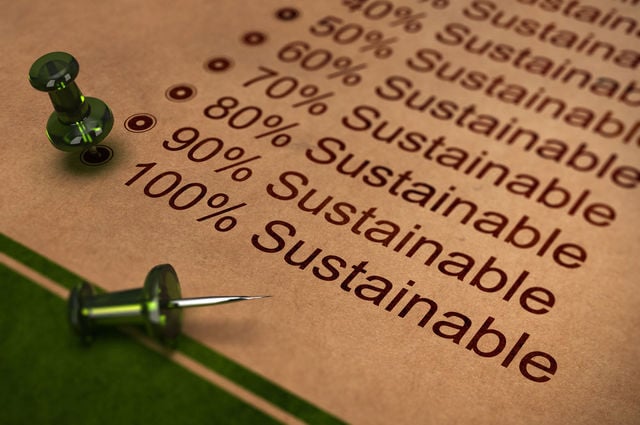How can sustainability be communicated beyond clichés and greenwashing?
31 experts shared their view
Both clichés and greenwashing are amongst the biggest traps to fall into when communicating sustainability. A "let's save the world" claim and tacky towel policy stickers are superficial and unappealing and could be a turn-off to the small group of environmentally and socially-conscious consumers. Green certification and lengthy, detailed corporate sustainability reports may (potentially) be of interest to a small niche group of highly activist consumers, who may not buy into that type of corporate hospitality in any case. However, there is a growing number of informed travelers: Those in search of genuine wellbeing and meaningful experiences at no (or as little as possible) cost to the planet. What works and what doesn't work in communicating sustainability? Any recommendations in regard to communication entering this critical decade?
We may agree that the hospitality industry is not heading anywhere if it does not integrate conservation and sustainability to its very core. Our industry relies on human interaction. However small eco-friendly policies might be (from reusing towels to implementing low-flow devices or recycling), we have the ability to set trends by championing a culture of sustainability.
Nonetheless, we must be able to measure our industry's progress. There is a greater awareness on the value of biodiversity, and tourists nowadays prefer travel experiences that can be held accountable for their commitment towards the environment.
How to avoid the commonplace or misleading information? For instance, Inkaterra performs flora and fauna inventories since 1978 to measure our own impact. 903 bird species (equivalent to Costa Rica's total bird diversity) and 372 native orchid species are registered within its areas of influence. Applied scientific research allows us to design our conservation strategies. Our excursions draw inspiration from our research and conservation initiatives, providing a knowledgeable experience to raise awareness on the environment among both travellers and local communities.


